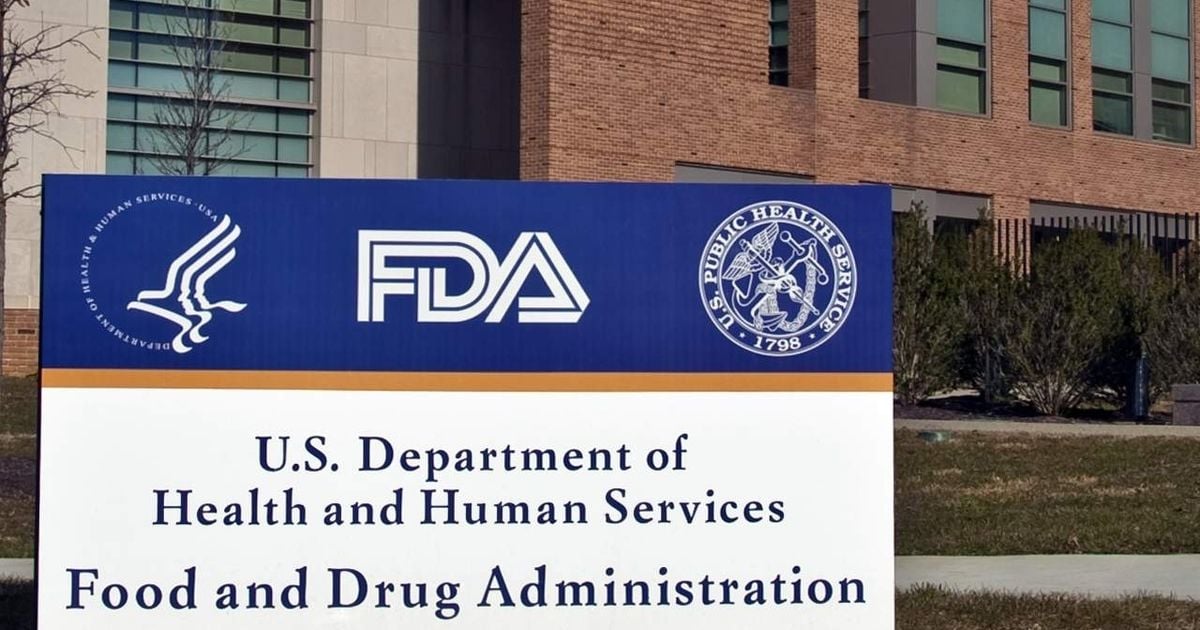Update: Walgreens said late Wednesday that it plans to become a certified pharmacy under the program.
Retail pharmacies and healthcare providers are assessing their next steps following the Food and Drug Administration’s decision to expand access to the abortion drug mifepristone.
The FDA finalized a rule change on Tuesday that allows more pharmacies, including large chains and mail-order companies, to dispense the drug if they go through a certification process. Last February, the Biden administration permanently ended a requirement that women pick up abortion medication in person, after suspending the rule during the COVID-19 pandemic and allowing women to get prescriptions via telehealth appointments.
CVS Health and Walgreens are determining how to navigate the FDA’s rule change.
“We’re reviewing the FDA’s updated Risk Evaluation and Mitigation Strategy (REMS) drug safety program for mifepristone to determine the requirements to dispense in states that do not restrict the dispensing of medications prescribed for elective termination of pregnancy,” a CVS spokesperson said.
Walgreens also emphasized it would align with state and federal laws.
Walmart did not immediately respond to a request for comment.
Because pharmacists are licensed at a state level, providers will likely prioritize state law over federal, said Ronna Hauser, a pharmacist and senior vice president of policy and pharmacy affairs at the National Community Pharmacists Association, a trade group representing 19,400 independent pharmacists nationwide.
“This is their right to make as a business owner, but they need to make sure they are following state rules,” Hauser said. “We know that uptake of this is going to vary greatly depending on the state our members are located in, and the political climate.”
Pharmacists should not be held criminally liable for dispensing abortion pills in areas where state laws conflict with federal guidelines, she said.
The FDA’s decision is likely to receive pushback from Republican-led states limiting abortions and related medication. Thirteen states have full abortion bans in effect, plus a six-week ban in the state of Georgia, according to the New York Times. In June, the U.S. Supreme Court ended the federal right to abortion by overturning Roe v. Wade.
In Indiana, where a near-total abortion ban was temporarily blocked for a second time by the courts last month, the office of Attorney General Todd Rokita (R) warned pharmacists against dispensing mifepristone. “Indiana law prohibits abortion-inducing drugs from being administered by anyone other than a physician in person. It is illegal for pharmacies to permit the sale of mifepristone in Indiana. The office of the Attorney General reminded pharmacists of this last year, and it remains true today,” a spokesperson said.
In 2000, the FDA approved mifepristone to terminate pregnancies up to 10 weeks when used with misoprostol, a second drug taken one to two days later. The agency estimates 3.7 million women have used mifepristone since then. More than half of abortions in the U.S. are medical rather than surgical.
“There is no clinical evidence that in-person dispensing improves the safety of this medication or patient outcomes, and instead, unnecessarily restricted patient access to a safe and effective medication,” Dr. Iffath Abbasi Hoskins, president of the American College of Obstetricians and Gynecologists, said in a statement. “Although the FDA’s announcement today will not solve access issues for every person seeking abortion care, it will allow more patients who need mifepristone for medication abortion additional options to secure this vital drug.”
Also on Tuesday, the Justice Department ruled the U.S. Postal Service can continue to deliver mifepristone and misoprostol despite restrictions in certain jurisdictions.
The Associated Press contributed to this report.







Write a comment
Your email address will not be published. Required fields are marked *